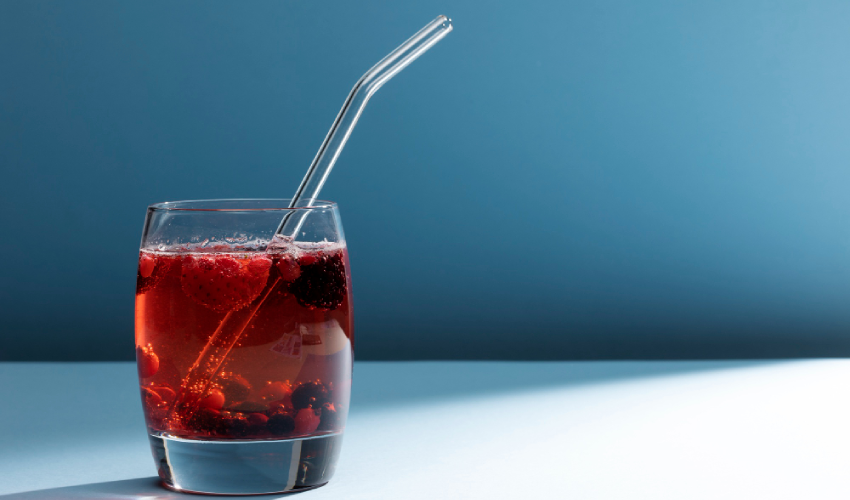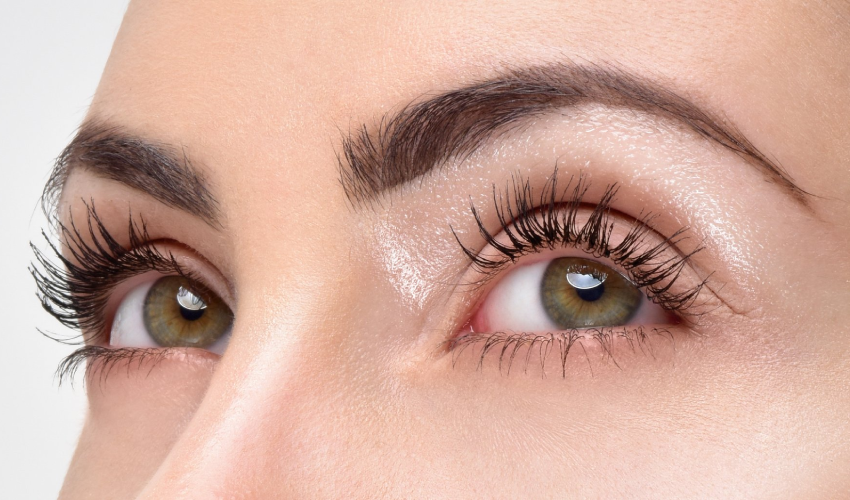Diet soda is often marketed as a healthier alternative to sugary drinks, offering the fizz and flavour without the calories.
However, new insights reveal that this seemingly guilt-free option may come with hidden risks, particularly if consumed excessively.
Side effects of diet soda
- Gut health disruption: Artificial sweeteners like aspartame may negatively impact the gut microbiome, which plays a vital role in immune function and digestion.
- Tooth Enamel Erosion: The acidity of diet soda, though sugar-free, can still wear down enamel, increasing the risk of dental erosion.
- Headaches: For some, ingredients like aspartame and caffeine could trigger migraines.
- Bone Density Loss: Excessive caffeine and phosphoric acid in diet soda have been linked to weaker bones.
- Cardiovascular Risks: Studies suggest a link between artificial sweeteners and metabolic syndrome, which can lead to heart disease and type 2 diabetes.
- Sugar Cravings: Artificial sweeteners may heighten cravings, potentially leading to overeating.
- Weight Fluctuations: While some research associates diet soda with weight gain, others suggest it may help reduce hunger when replacing sugary drinks.
- Type 2 Diabetes: Despite its calorie-free label, diet soda has been linked to insulin resistance in some studies, though evidence is mixed.
Tips to cut back
Reducing diet soda intake doesn’t have to be drastic. Gradually replace it with alternatives like flavoured water, herbal teas, or seltzer. Adding fresh fruits, cucumber slices, or herbs like mint to water can provide natural flavour.
While diet soda may be tempting, moderation is key. With emerging research highlighting potential health risks, it’s worth exploring healthier alternatives to maintain balance in your diet.


























